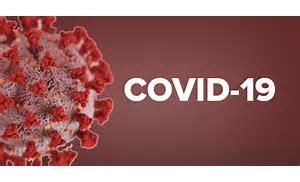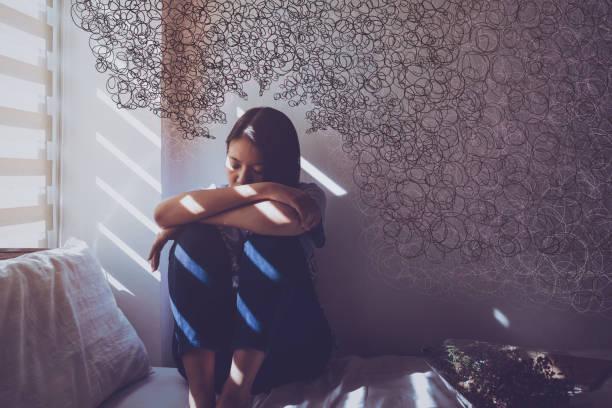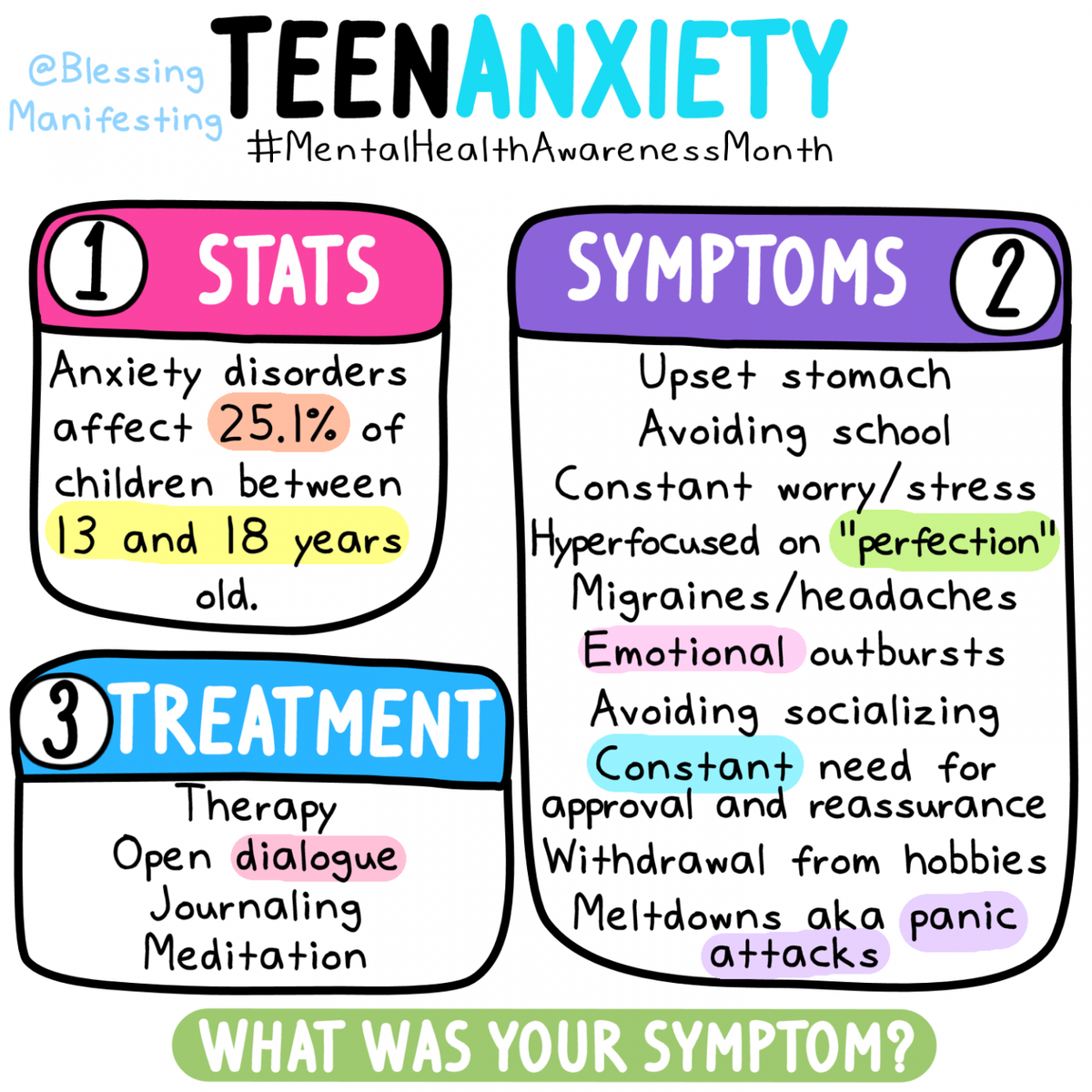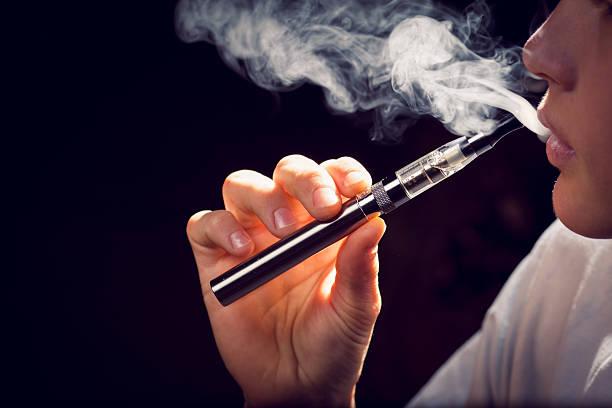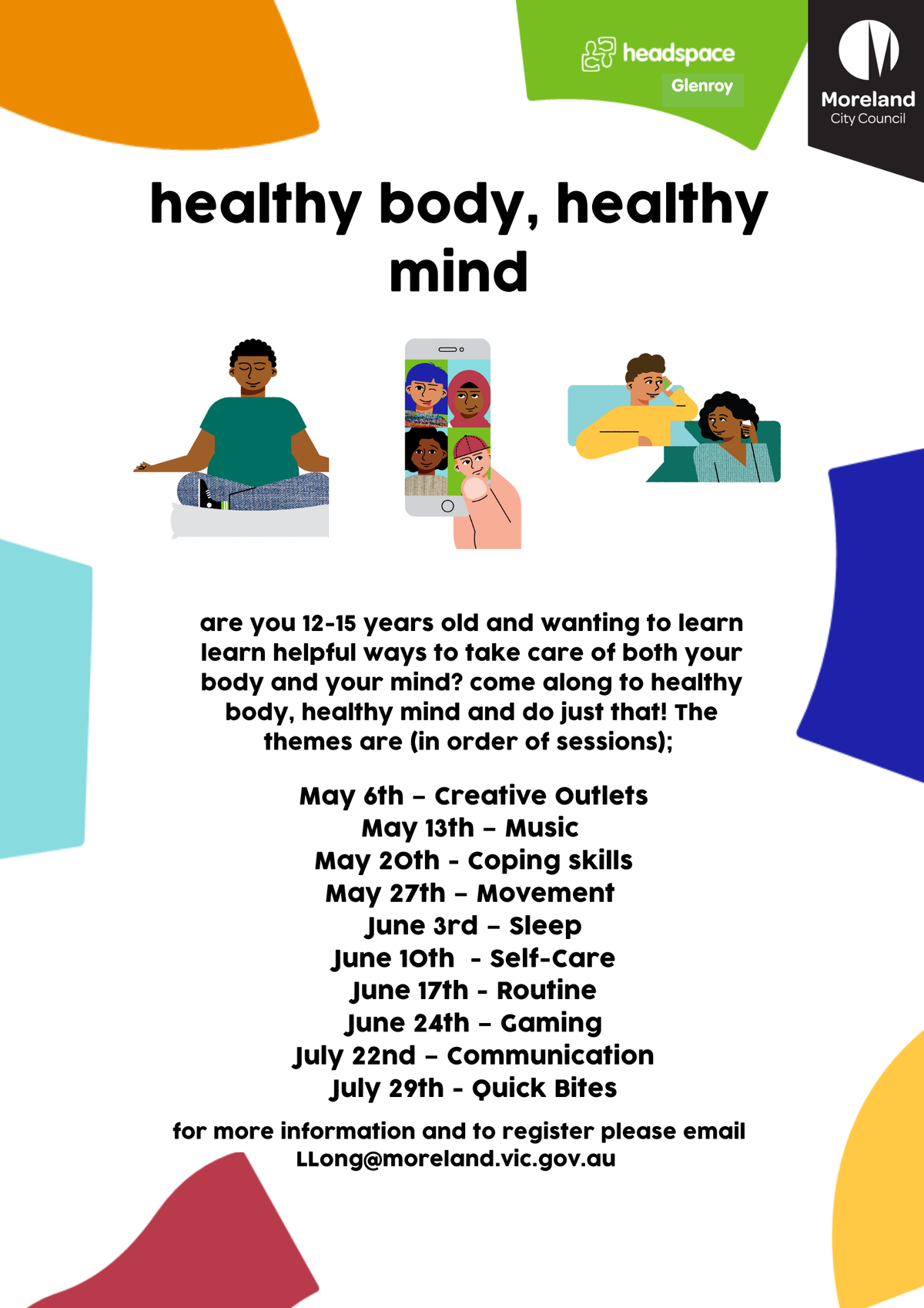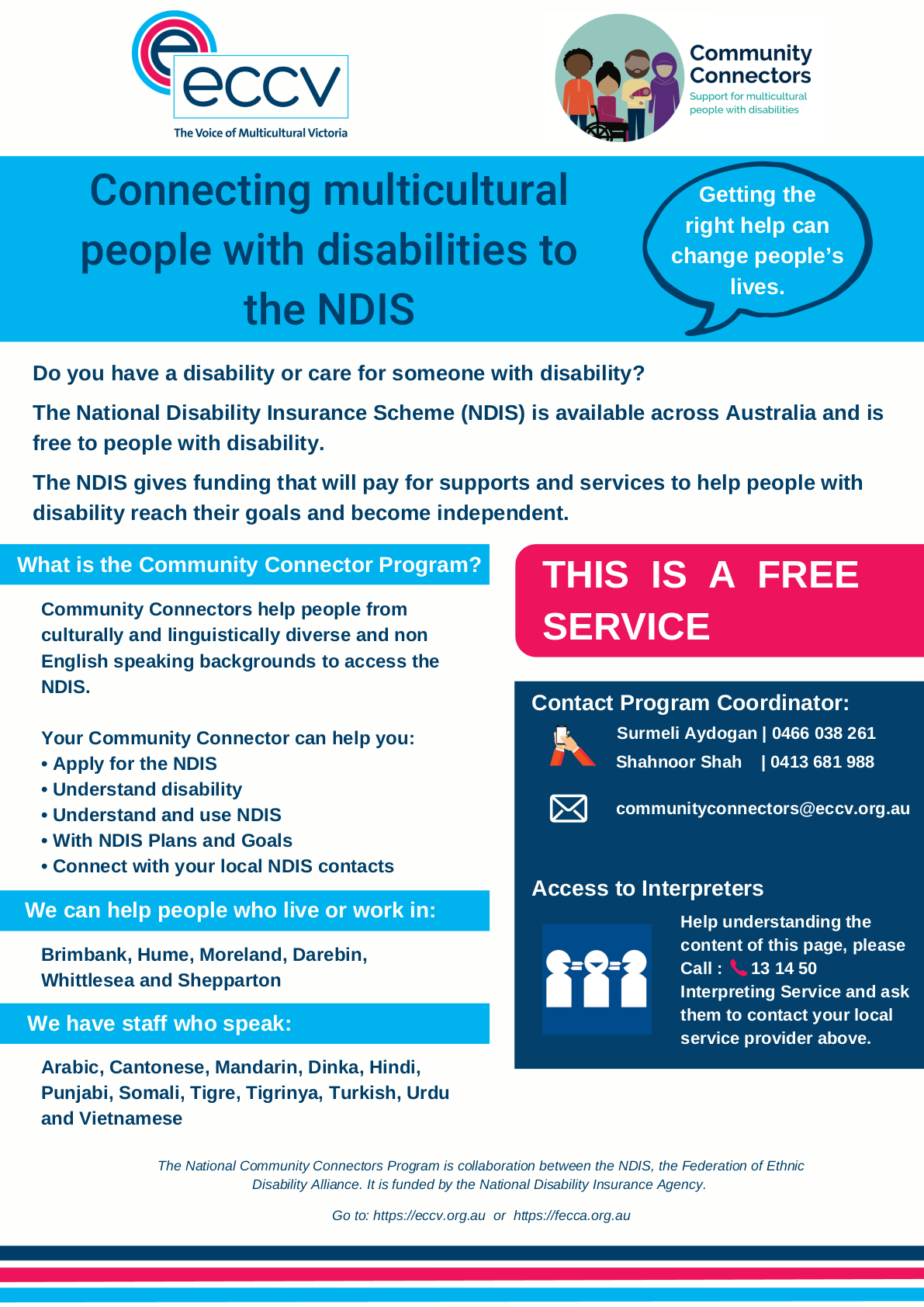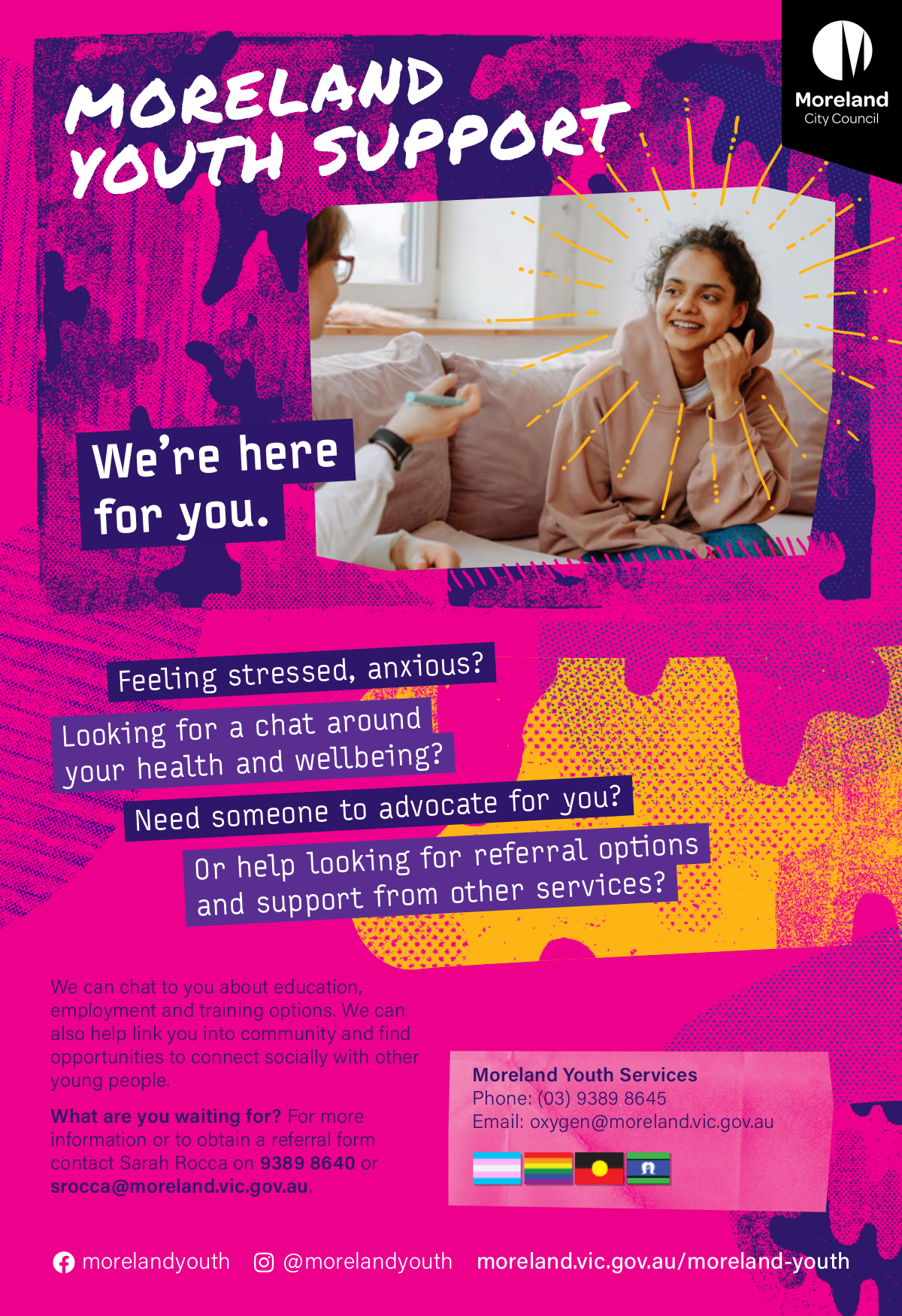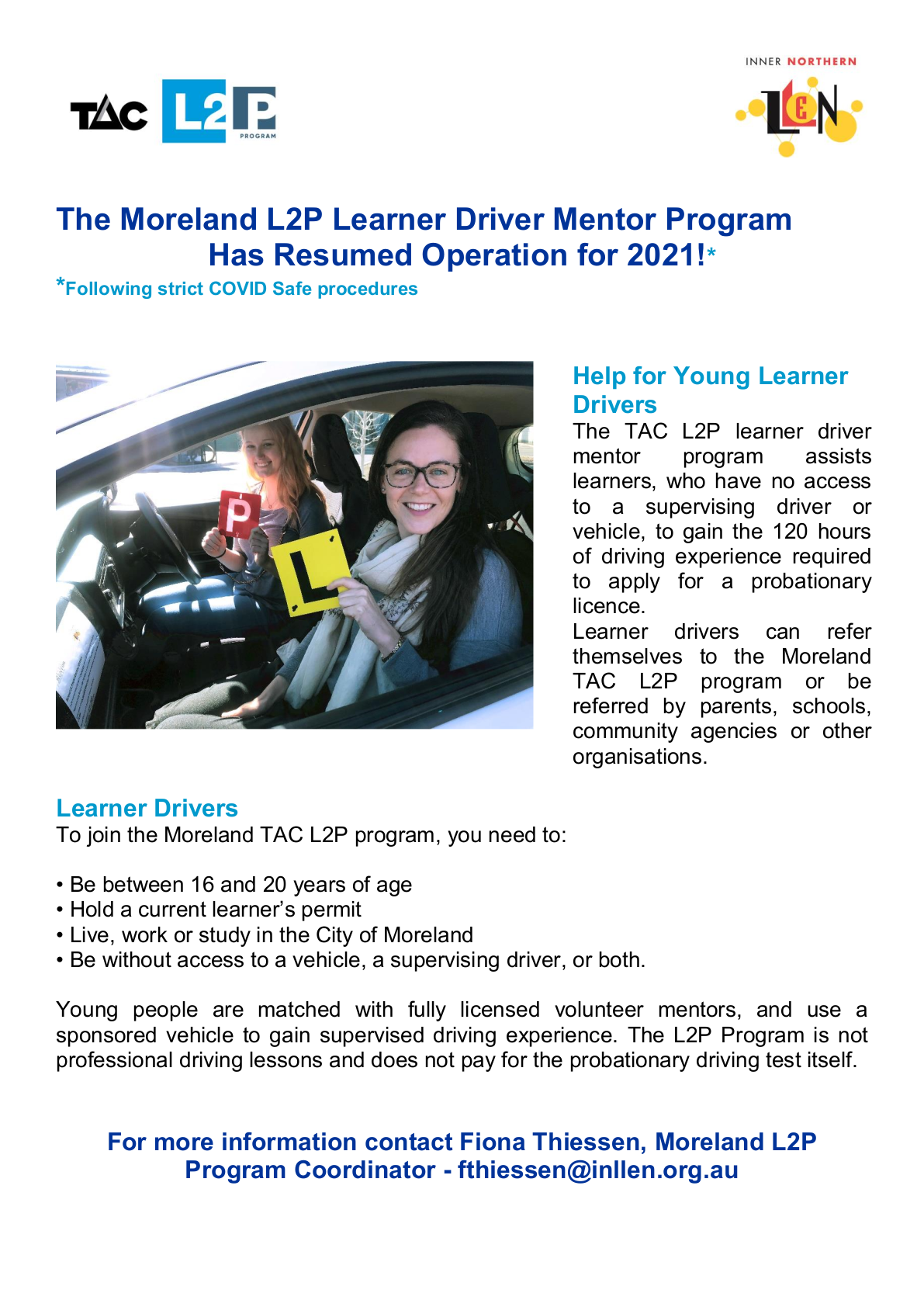Student and Family Wellbeing

As we near to the end of Term 1 we reflect on all the wonderful students and families that we have already had the pleasure of meeting and supporting. Thank you for allowing us into your world .
Those that have completed the surveys we have sent out, you have helped shape our direction. There is still time for your feedback- the links are below.
Take care of yourselves and please know that asking for help is a strength and not a deficit.
School and Community Update
Wellbeing Team and Availability
Tanya Vella- Students Wellbeing Manager: Mon, Tues, Thurs, Fri
Janan Allouche Adolescent Health Nurse: Mon, Tuesday
Beverley Hardi Chaplain: Tues, Wed, Fri
Jazmin Pursell Mental Health Practitioner: Thurs, Fri
Anna Poci Integration Aid: Mon-Fri
Kadriye Kurt Multicultural Aid: Mon- Thurs
New Staff Member
Hello Everyone,
My name is Kadriye. I’ve had years of experience working at a school for students with intellectual disability and learning difficulties both within the classroom and in school office administration.
I enjoy cooking, shopping and fishing. But most of all I like to learn and improve to provide quality care and management in all that I do!
My role at JFC is as a Multicultural ES.
I will now be coordinating State School Relief applications, Integration support in the classrooms, Culture Connect groups with students, Development of a cultural committee, Morning teas with parents and interpreting (Turkish).
I am located in the Well-Being office and work:
Mondays-Thursdays 9:30am-2:30pm.
Fridays 9:30AM-2:30pm (PSD Applications with Tanya)
Please contact me if you have any queries.
Kadriye
Student and Parents Survey
A student survey and a parent/carer survey has been developed to hear feedback in relation to what you know about the function of student wellbeing and what you would like the student wellbeing team to arrange for you. Your feedback is extremely important as this helps us meet your needs.
Student Well-being Survey (google.com)
Parent/Carer Well-being Survey (google.com)
Wellbeing Groups
Planning for Term 2 is in full swing. There are a number of groups that will be made available to students from varying year levels.
These groups include:
Art Therapy
Chin Up
Cultural Connect
Year 11 and 12 Helpful Hints to Cope with Study
Girls Group
Parent Workshops
Breakfast Club
Breakfast is served for students every Tuesday morning from 8:15am to 8:45 am in the Drama room
Parent/ Carer Volunteers
We want carers and parents onboard at the school! In the very near future we are going to reach out to parents and carers about volunteering at the school.
Areas that we will look for support and assistance with are:
Breakfast club ( we would like to provide breakfast to students 3 times a week)
Uniform Shop
School Events
Cultural Committee
Fundraising
Lunch Time Activities
Wellbeing Learnings
Covid 19 Vaccine
Hello Parents and Carers,
As you may be aware, the Covid 19 vaccine rollout has started in Victoria. Vaccines are a safe way of producing an immune response in the body without causing illness. They strengthen your immune system by training it to recognise and fight against specific germs.
Please use this link below to learn more about how the vaccine works. The website also has a link for languages, other than English.
How do COVID-19 vaccines work? | Australian Government Department of Health
COVID-19 vaccine information in your language | Australian Government Department of Health
If you need information about COVID-19, COVID-19 vaccines or help with the COVIDSafe app, call the telephone number listed below. This number operates 24 hours a day, 7 days a week.
1800 020 080
COVID-19 vaccine enquiries | Australian Government Department of Health
Anxiety
As the Mental Health Practitioner at the school, I have noticed there have been a lot of students who have been presenting with anxiety, whether it is anxiety around the pressures of school work/study or friendship issues or any other issues in their personal lives that may be causing them to feel anxious.
There are breathing exercises that you can encourage your children to do when they are feeling anxious, such as 5 finger breathing, in which they slowly trace the outside of their outstretched fingers, while breathing in and out. Your children might also find it helpful to talk to you about how they are feeling and why they may be feeling anxious.
There is a lot of information that both the students and parents/carers are able to access on anxiety, and I have included some resources below that you may find useful. If you feel that your child has anxiety, it is a good idea to take them to see their family doctor for further support around this.
Resources on anxiety:
What Is Anxiety & The Effects on Mental Health | headspace
BRAVE-Online - Helping young people overcome anxiety
Please also reach out to myself (Thursdays and Fridays) if you have any questions or concerns.
Jazmin
Dear School community,
As we move through the month of March, I am reminded of the changing world we now live in. The past year has exposed humanities resilience, perseverance and changing attitude of everyday living. No matter how we look at it, we now live in a ‘new normal’ that can suddenly take us off guard! We had a sneak preview of this possibility during stage 4 lock down in week 4.We can learn and react to the climate of our world in many different ways; through the familiarities of others, our own personal experiences plus what we read in the paper or see on screen. There certainly remains a lingering of the unknown or puzzlement of what lies ahead of us.
In this chat, I am sending through some encouragement and material that will get you thinking. A post-pandemic bedtime tale that has captured the hearts of millions.
From simple acts of kindness, to the creativity within us all, The Great Realisation is a celebration of the many things that have brought us together at a time of crisis. It captures, with magical resonance, the thoughts and feelings of millions worldwide as we adapt to a new way of life, cast aside old habits and reflect on what truly matters to us. It is a story for all readers, young or old, who dare to dream of a fairer, kinder, more loving world.
After listening to a light-hearted clip of kindness I am sending through an amazing article by Justin Coulson, ‘3 simple strategies to supercharge our attitude ‘Coulson talks of 3 strategies that will stir up our thinking of how to respond and react with our thoughts and attitudes in relationship with others. (The article will pop up as soon as you click on the link)https://www.happyfamilies.com.au/blog/3-simple-strategies-tosupercharge-your-attitude/
Sincerely,
Beverley Hardi Chaplain
Electronic cigarettes
There has been a growing concern over the use of Electronic cigarettes (e-cigarettes) by young people in the community. E-cigarettes are battery-powered devices. They heat liquids, called e-liquids, into an aerosol that users breathe in. Using e-cigarettes is often called ‘vaping’ or ‘juuling’. E-cigarettes can look like pens or memory sticks (USBs). The sale of electronic cigarettes to people under the age of 18 (regardless of whether they contain nicotine) is prohibited/illegal.
E-cigarettes and e-liquids have not been safety tested by the Therapeutic Goods Administration in Australia (TGA) and should not be considered safe. These products are not regulated in Australia. They are often purchased online, meaning they can be made anywhere, by anyone and contain anything.
Vaping has recently been linked to a specific lung disease outbreak in the United States. This demonstrates that e-cigarette aerosol can be harmful to the lungs.
Most e-cigarettes also contain nicotine, even if they have been labelled ‘nicotine free’. One e-liquid pod can contain as much nicotine as a packet of cigarettes.
Nicotine is highly addictive, especially for teens. This can harm brain development, which continues until age 25. It can impact learning, memory and attention. It can also increase risk for future addiction to other drugs. Young people who use e-cigarettes may be more likely to go on to use regular cigarettes.
E-liquids can poison children and adults through swallowing or skin contact. Symptoms of nicotine poisoning include sweating, dizziness, vomiting and increased heart rate. The effects of nicotine poisoning can come on very quickly.
If you are concerned about your child, please call the Victorian Poisons Information Line on 13 11 23.
The Victorian Poisons Information Centre (VPIC) has information on what to do when someone has been poisoned, overdosed or made a mistake with their medication. When you call the VPIC, trained staff will give you first aid information, and tell you if you need to call an ambulance or refer you to a doctor for treatment.
For more information
- The RCH National Child Health: Kids Health Information : E-cigarettes and teens (rch.org.au)
- E-cigarettes in Victoria and legislation (quit.org.au)
- New South Wales Health fact sheet 'Are electronic cigarettes and e-liquids safe?'
- Centres for Disease Control and Prevention
- Therapeutic Goods Administration
- Smoking and Vaping Ban: Policy | education.vic.gov.au
Janan Allouche Adolescent Health Nurse
Health Wellbeing and Specialist Services Branch Hume Moreland Area
Wellbeing Workshops in the Community

